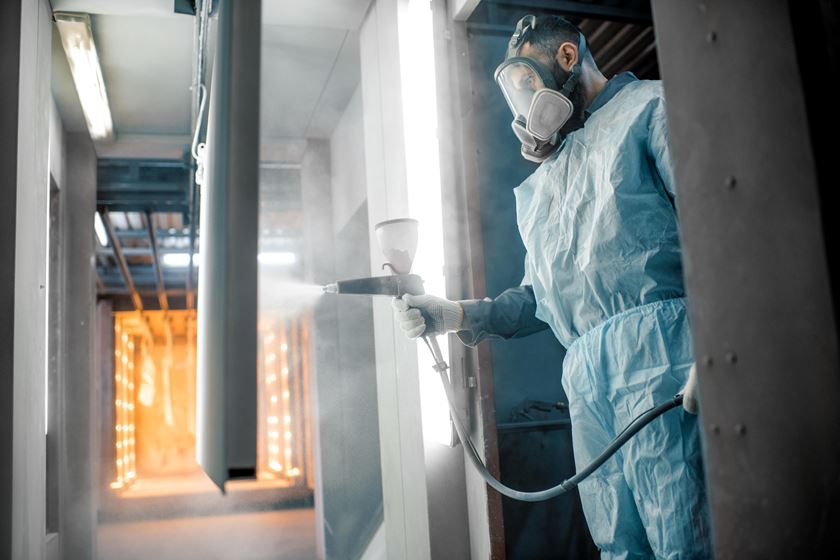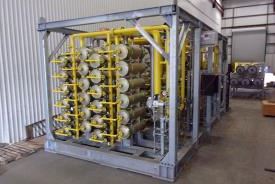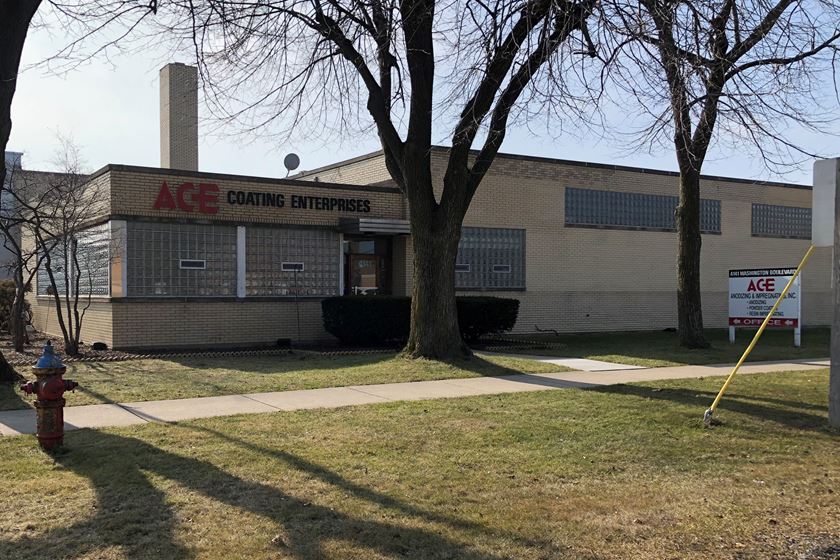Misplaced Priorities
Of Michael Jackson and real American heroes.
As this was written, 10 days of wall-to-wall coverage of the death of pop star Michael Jackson were coming to a climax with an hours-long public memorial service that was televised from beginning to end by all broadcast networks and cable news outlets.
Despite the fact that Jackson was clearly a hero to legions of fans around the globe, I think most reasonable people would agree that the coverage of his demise has been just a bit over the top. The whole thing got me thinking about the celebrity culture rampant here in the U.S., and about what makes a true hero.
The word is often used to refer to people such as Jackson and other celebrities and athletes, who are heroes to many by virtue of their larger-than-life impacts in the world of music, on the movie screen or on the playing field.
Another common usage is to denote individuals who show great courage, strength or bravery in the face of danger. Certainly that definition would apply to Lt. Brian Bradshaw, who was one of seven U.S. soldiers killed in Afghanistan during the Jackson media frenzy.
The relative amounts of attention given both events caused Bradshaw's aunt to question why her nephew's death went practically unnoticed while Jackson was memorialized with shrines across the country. "Mr. Jackson received days of wall-to-wall coverage in the media," Martha Gillis wrote in a letter to the Washington Post. "Where was the coverage of my nephew or the other soldiers who died that week?" She certainly makes a good point regarding the media's fascination with celebrities, many of whom are famous mainly for being famous.
But there's still a third definition of the word "hero" which we have not yet discussed. In this sense a hero is anyone who "exhibits extraordinary bravery, firmness or greatness of soul in connection with any pursuit, work or enterprise."
I would submit that the managers and workers of Deco Plas Inc. fit this last definition. The Montpelier, OH, company is a 30-person contract finishing shop with expertise mainly in liquid paint. Yet management recently made the decision to invest seven figures in a vacuum coating process aimed mainly at replacing chromium electroplating of plastic components for automotive and other applications.
"That kind of investment is risky, especially in the current economic climate," concedes company president Michael Kreps. "But as an entrepreneur, you have to take some risks. It's how you build the future."
If not downright futuristic, the process developed by Deco Plas's in-house engineers is certainly on the cutting edge of several technologies, including physical vapor deposition, plasma surface treatment and automated application of UV-curable paints. But don't take my word for it. Check it out for yourself in our story beginning on page 18 in this issue.















